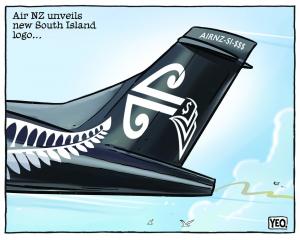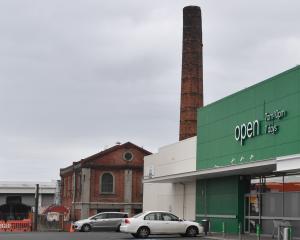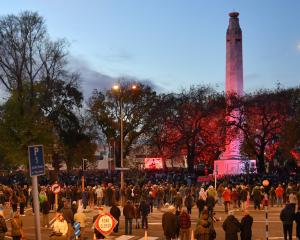
As the world’s first openly transgender mayor and then Member of Parliament, her wit, warmth, worldly wisdom and classy chutzpah saw her regarded with awe and affection by people from all walks of life, here and elsewhere.
Generous tributes have been flowing for Ms Beyer this week after her death at Mary Potter Hospice in Wellington at the age of 65.
On the face of it, she looked an unlikely winner when she stood for the mayoralty in rural Carterton in the mid ’90s.
A Māori trans woman recovered addict with a past including work in the sex industry was a long way from the type of candidate the good folk of Carterton would traditionally have elected.
But they had already voted her on to the council (on her second attempt) so they knew the cut of her jib, appreciating her candour and eloquence and her fighting spirit.
Reflecting on her appeal in a 2018 Spinoff interview, Ms Beyer said she thought it was because "I was just a breath of fresh air. What people responded to was honesty, being straight up, being approachable."
More traditional locals slowly learned to "look beyond the end of their noses".

When she stood for Labour in the Wairarapa seat in 1999 after five years in the mayoralty, the electorate was held by National’s Wyatt Creech. As deputy prime minister, he had moved to the list. She was up against broadcaster Paul Henry.
It has been suggested the tide turned against Mr Henry in a television interview where he implied her gender identity meant she was not a serious person.
As Ms Beyer colourfully put it, "that went down like a cup of cold sick". It would not be the last time Mr Henry’s puerile observations would get such a reception.
In the end, Ms Beyer won the seat by more than 3000 votes with a 35% swing away from National. She was as surprised as anyone else by the win.
She would remain in Parliament for eight years. There, she was renowned for her command in the debating chamber. She was a forceful, passionate speaker with a quick wit and a sharp tongue when she felt that was required.
As former prime minister Helen Clark said, it was a brave Opposition MP who would interject when Ms Beyer was in full flight.
In her parliamentary career she was best known for the strength of her support for prostitution law reform and the civil union legislation.
Who could forget the television footage of an angry Ms Beyer taking on Brian Tamaki and his ugly black T-shirted mob at their "Enough is Enough" rally against the civil union legislation? Her colleagues feared for her safety on that occasion but they should not have been surprised at the depth of her dislike for the sort of bigotry on display that day.
Ms Beyer knew how brutal life could be . In 1979 in Sydney she was sexually assaulted by a group of men, something she did not report to the police because she did not feel the law would protect her or take her seriously as a "Māori tranny prostitute".
She described that incident as giving her a real fire in her belly and a determination she would try to change attitudes by example, by living a proud, public life as a trans woman.
She certainly did that.
The support for Ms Beyer in a conservative rural area was an illustration of what Ms Clark said we like to think is the best of New Zealand, an ability to accept people on their merits.
As we head into a general election likely to be awash with nastiness on social media, it is pertinent to reflect on the good example set by voters in Carterton and the Wairarapa who knew how to rise above such nonsense.












